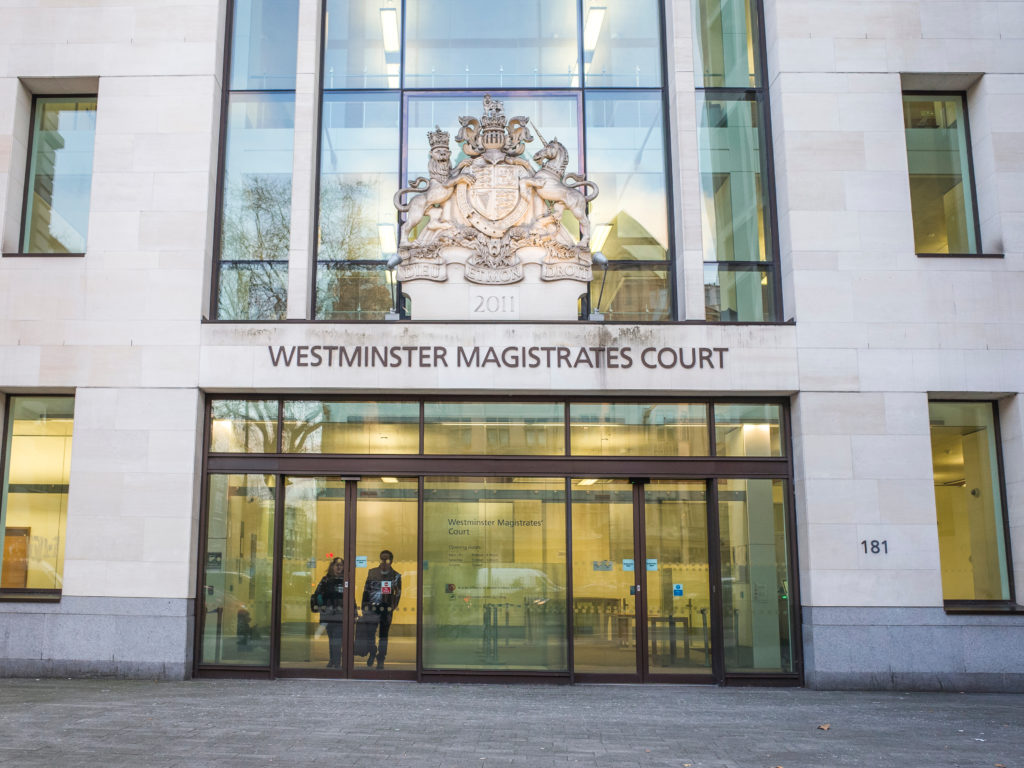
Background facts
The Government of India (‘GoI’) sought permission to appeal against an order made at Westminster Magistrate’s Court on December 9, 2021, to discharge the Requested Person (‘RP’), Kuldeep Singh. The RP was wanted in relation to his alleged senior membership of the Khalistan Zindabad Force, a banned terrorist organisation in India. Mr. Singh, along with two jointly indicted co-accused, Gurpal, and Major Singh, was charged with funding terrorism, conspiracy to commit a terrorist act, or preparation to commit a terrorist act, membership of a proscribed organisation, and conspiracy to supply firearms.
Mr. Singh contended that his alleged conduct did not amount to extradition offences for the purposes of the Extradition Act 2003 (‘EA 2003’), second, that if he returned to India, his Article 3 rights under the ECHR were at risk of breach because he faced an irreducible life sentence, and third, per section 84 of the EA 2003, no prima facie case had been made out, all of which was accepted at the District Court.
Grounds of Appeal
The GoI’s raised two grounds of appeal, first, that the District Judge erred in determining that the extradition request and further information did not disclose a prima facie case. Second, that if Mr. Singh were extradited to India, he would not face an irreducible life sentence upon conviction, and therefore, there was no real risk of a breach of his Article 3 rights. On appeal, the applicants case raised eight separate points on admissibility, which the High Court approached under four headings relating to the relevant legislation: EA 2003, section 84, and the Criminal Justice Act 2003 (‘CJA 2003’), sections 114 and 202.
Court’s decision and reasoning
Section 84(1) and 84(2) of the Extradition Act 2003
Lady Justice Davies, giving the judgment, agreed with the District Judge’s findings that section 84 of the EA 2003 required the court to consider whether evidence advanced by the Requesting State – in the GoI’s case, two interview summaries of the jointly indicted co-accused – would ‘make a case requiring an answer’ in a UK summary trial. Applying Section 53(4) of the Youth Justice and Criminal Evidence Act 1999, which provides that a person charged in proceedings is not competent to give evidence in proceedings for the prosecution, The District Judge had correctly concluded that the evidence was inadmissible.
Lady Justice Davies found that the two jointly indicted co-accused, neither of whom had been convicted, could not be considered ‘competent, compellable’ witnesses. Furthermore, that section 84(1) of the EA 2003 could not be considered to afford power to a court to hear from ‘incompetent’ witnesses. On that basis, and per section 84(2)(b) of the EA 2003, which provides that a judge may treat a statement made by a person in a document as admissible evidence of fact only where ‘direct oral evidence by the person of [that] fact would’ itself be admissible, the interview summaries of the two co-accused were inadmissible and no prima facie case had been made out.
Section 114 of the Criminal Justice Act 2003
The court also considered admissibility of evidence under section 114(d) of the CJA 2003, which provides that “in criminal proceedings a statement not made in oral evidence…is admissible as evidence if…it is in the interests of justice for it to be admissible”. Under this section, Lady Justice Davies agreed with the District Judge’s refusal to admit the summary interviews, holding that summary interviews, which were unsigned, and produced by a police officer in the absence of a lawyer were of extremely limited probative value. Lady Justice Davies also considered R v Y [2008] 1 WLR 1683, which held that a police interview of a co-defendant would ordinarily be inadmissible against another defendant in the same criminal proceedings.
Section 202 of the Criminal Justice Act 2003
Under this ground, which was not raised before the District Judge, the GoI sought to argue that section 202 of the EA 2003 – which provides for “duly authenticated” documents to be received in evidence in extradition proceedings – allowed for the interview summaries to be admissible. The High Court held however that section 202 governs ‘receivability of evidence’ not admissibility, and that section 84 was the correct provision because it was directed to evidence of fact. Lady Justice Davies held that the protection afforded by section 84 would be lost if section 202 was considered to govern admissibility.
As permission to appeal was refused on the ground relating to admissibility, the court did not go on to consider ground 2, regarding the irreducibility of a life sentence.
Categories: India, United Kingdom



Recent Comments